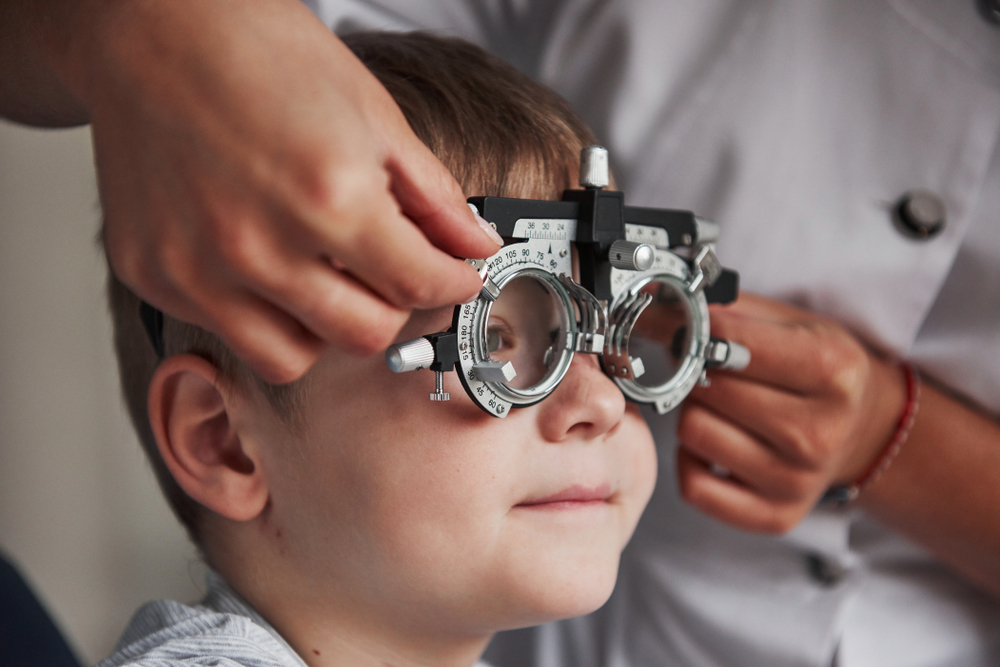
As a parent, noticing changes in your child’s vision or behavior can be concerning—especially when it affects their performance in school or their confidence during daily activities. One of the most common vision conditions among children is myopia, also known as nearsightedness. Understanding what it is, the signs to watch for, and how to manage it can help your child maintain healthy vision for life.
What Is Myopia?
Myopia occurs when the eye grows too long from front to back, or when the cornea is too curved. As a result, light entering the eye focuses in front of the retina rather than directly on it, making distant objects appear blurry. This condition typically develops in childhood and often progresses throughout the school years.
Signs of Myopia in Children
Children don't always know how to communicate that something is wrong with their vision. That’s why it’s important to be aware of the subtle signs that could indicate myopia, such as:
Squinting to see distant objects
Sitting too close to the TV or holding books very close
Complaining of frequent headaches or eye strain
Blinking excessively or rubbing their eyes often
Struggling to see the board at school
Declining performance in school or avoiding reading altogether
If you’ve noticed any of these behaviors, it’s a good idea to schedule a comprehensive pediatric eye exam.
The Importance of Regular Pediatric Eye Exams
Vision screenings at school or during pediatrician visits are helpful, but they’re not a substitute for a full eye exam. Regular pediatric eye exams are critical for early detection and treatment of myopia and other vision conditions. The earlier myopia is diagnosed, the better your child’s long-term visual outcome may be. At Enclave Vision, we use child-friendly techniques to assess your child’s vision and overall eye health in a comfortable environment.
What Can Be Done for Myopia?
If your child is diagnosed with myopia, there are several effective myopia management options to slow its progression:
Atropine Eye Drops: Low-dose atropine drops are applied at bedtime and have been shown to effectively slow the progression of myopia in children.
Orthokeratology (Ortho-K): These are custom-designed contact lenses worn overnight to gently reshape the cornea. When your child wakes up, they can see clearly throughout the day—without glasses or daytime contacts.
Both methods are safe, non-surgical, and have been clinically proven to help manage myopia progression during the critical growing years.
Supporting Families in Houston
Myopia is a common vision condition, but with early detection and the right management, its progression can be significantly reduced. By knowing the signs and staying proactive with routine eye exams, you can help safeguard your child’s vision as they grow.
If you suspect your child may have myopia, contact Enclave Vision to schedule a comprehensive pediatric eye exam. Visit our office in Houston, Texas, or call (281) 759-3937 to book an appointment today.











